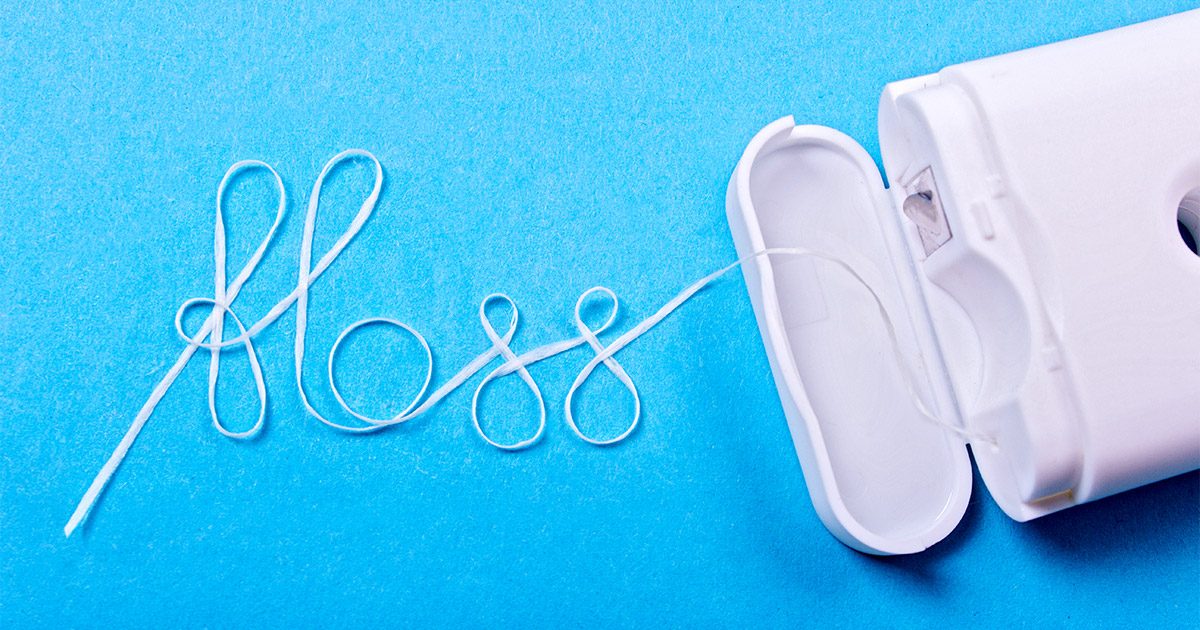There is a common misconception that children’s cavities are no big deal because “they are only baby teeth”. It may be true that children will eventually lose their baby teeth, but cavities and poor oral health can lead to long lasting consequences. Luckily, cavities and tooth decay are preventable if children learn early on about the importance of keeping their teeth clean.
How to Prevent Cavities
HEALTHY DIET
Foods advertised for children such as sugary cereals, candies, and starch-rich foods create a breeding ground for decay. Sugary foods and drinks are okay in moderation, but when eaten in excess, stick on the teeth all day long. Tooth decay is caused when bacteria in the mouth interacts with sugar and produces enamel-weakening acid. A healthy diet is not only good for energy levels and a healthy body, but also healthy teeth.
The following foods are beneficial for oral health:
- Apples, pears, carrots, celery and other crunchy fruits and vegetables increase saliva flow to remove plaque and hydrate the mouth.
- Vitamin A is beneficial for tooth enamel, the protective outer layer of the tooth. Broccoli, pumpkin, carrots, and sweet potatoes are all high in vitamin A.
- Calcium not only strengthens bones, but also the teeth. Milk, cheese, and yogurt work to strengthen teeth. Sunflower, pumpkin, and sesame seeds are also overlooked sources of calcium.
- Phosphorous, in combination with calcium and Vitamin D, can help strengthen teeth. Phosphorous is found in meats such as chicken, beef, and turkey.
INSTILLING HEALTHY BRUSHING HABITS
Teaching a child early how to properly brush their teeth instills a healthy, lifelong habit. However, parents know that bedtime can be a stressful part of the day. It is tempting to see your kid simply touch the toothbrush and call it a night – but teaching your child how to brush properly can save the headache of cavities down the line. The following may be aspects of brushing your child needs to be specifically taught or given reminders to do:
- Brush for two minutes
- Brush twice a day, preferably once in the morning and once at night
- The bristles of the toothbrush should be at an angle towards their gums
- Brush the front, back, and top of all teeth
- Getting into the habit of brushing the tongue
- Spit out toothpaste rather than swallowing it
- Floss at least once a day
This may seem like a lot to remember, especially for little ones. It may help to gradually introduce new aspects and to guide them hand over hand until they can brush properly by themselves. Simple changes such as musical toothbrushes with timers, fun flavored toothpastes and flossers, offering incentives, or adding a fun aspect to the routine can help encourage brushing and flossing.
SEALANTS
Our molars and premolars (back teeth) have deep grooves known as pits and fissures. These grooves are hard for children to clean well and are prone to cavities. Dental sealants are a non-invasive, safe procedure that seals these grooves, preventing decay from building up and causing cavities.
FLUORIDE
Fluoride is a mineral that helps protect the teeth from acids that cause decay. Fluoride can also remineralize enamel. Starting at the age of three children should use a pea-sized amount of fluoride toothpaste. If they are using this recommended amount of toothpaste it is not harmful if accidentally swallowed.
DENTAL CHECK UPS
Unfortunately, many children don’t see the dentist until something is already wrong. It is recommended your child’s first dental visit is soon after their first birthday or within six months after their first tooth comes in. The dentist and their team can give you specific advice on how to prevent cavities and give child tooth decay treatment options.
Tooth decay in children is extremely common because it is harder for them to brush properly. Professional cleanings every six to twelve months remove hardened decay that only a dental hygienist can eliminate.
TOOTH DECAY TREATMENT OPTIONS
Even children with good oral hygiene habits can still have tooth decay. If your child is showing early signs of tooth decay, but not quite cavities, they can receive fluoride treatment for tooth decay reversal. Once cavities have formed your child will need a filling.
Parents often ask why children need fillings if their baby teeth will fall out anyway. Without a filling there is a chance of the decay spreading, leading to the tooth needing an extraction. Pulling baby teeth before they are ready can lead to complications for the adult teeth. Baby teeth help guide adult teeth into their correct positions; if they are lost before adult teeth naturally push them out, the adult teeth can emerge incorrectly.
Tooth decay is preventable, and the time and effort are well worth it to prevent fillings and oral health problems down the line. It is never too late to get serious about oral health and instill healthy habits. Schedule an appointment with us at ICTeeth to discuss cavity prevention for your child. You can call us at 316-681-3228 or visit our Contact Us page.

